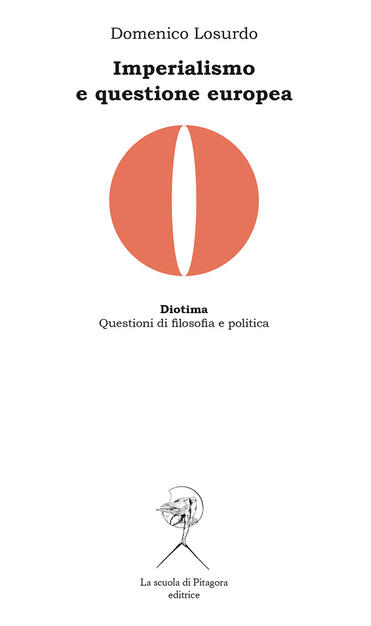Dear professor Losurdo,
Acknowlegedly, there were people from all factions aiming at industrializing very quickly, and simultaneously also keeping the peasant's good will.
That's definitely not a novelty.
But the important is to understand that, in such cases, chices must be made, and choices imply costs.
("You can't both have your cake and eat it"). No one says Stalin was always right. But nor were his opponents. And the final result is far from gloomy, unlike what Werth says. Problems of stagnation arose specially later, much later; and there's no "original sin" of collectivization on its basis, unlike what Werth suggests.
As to the targeting of particular groups, the fact is that Stalin's Constitution of 1936 ended discriminations to all groups, (including priests), now accepted in a "normalized" society.
And if particular groups were put under suspiction, well, consider what the USA did with its own ethnic Japanese population during world war II. And the USA were of course much, much less under attack than the Soviets!
It was not about anti-Polish ou anti-German paranoia. It was about very reasonable and well founded fears.
As to Spain, well, of course any one gets impressed by 750 thousand people snuffed... but to refer this exclusively to Stalin is only the continuation of the novel of the classical "psycho-pathological" approach you rightly mentioned.
Ah, but on the whole Werth is no doubt very much on the defensive.
Congratulations, and all the best,
Lisboa, 23 de Setembro de 2012
João Carlos Graça















Nessun commento:
Posta un commento